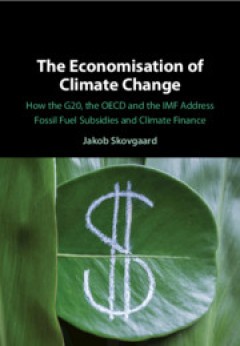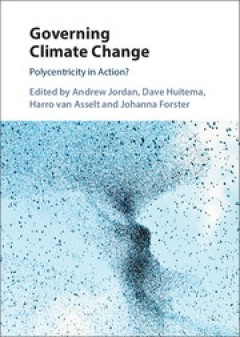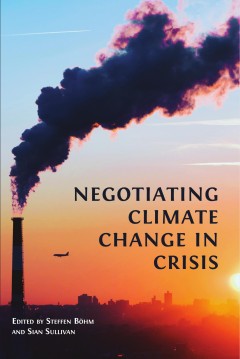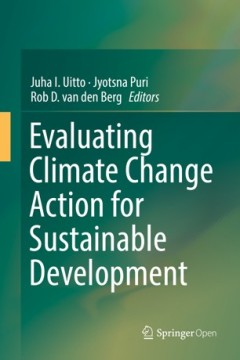Filter by

The economisation of climate change : how the G20, the OECD and the IMF addre…
The effort to address climate change cuts across a wide range of non-environmental actors and policy areas, including international economic institutions such as the Group of Twenty (G20), International Monetary Fund (IMF), and the Organisation for Economic Co-operation and Development (OECD). These institutions do not tend to address climate change so much as an environmental issue, but as an …
- Edition
- -
- ISBN/ISSN
- 9781108688048
- Collation
- xvii, 298 p. ; ill
- Series Title
- -
- Call Number
- 333.72 SKO t

Governing climate change : polycentricity in action?
Climate change governance is in a state of enormous flux. New and more dynamic forms of governing are appearing around the international climate regime centred on the United Nations Framework Convention on Climate Change (UNFCCC). They appear to be emerging spontaneously from the bottom up, producing a more dispersed pattern of governing, which Nobel Laureate Elinor Ostrom famously described as…
- Edition
- -
- ISBN/ISSN
- 9781108284646
- Collation
- xv, 408 p. ; ill
- Series Title
- -
- Call Number
- 363.7387453 HUI g

Negotiating climate change in crisis
Climate change negotiations have failed the world. Despite more than thirty years of high-level, global talks on climate change, we are still seeing carbon emissions rise dramatically. This edited volume, comprising leading and emerging scholars and climate activists from around the world, takes a critical look at what has gone wrong and what is to be done to create more decisive action. Com…
- Edition
- -
- ISBN/ISSN
- 9781800642621
- Collation
- xxxiii, 474 p. ; ill
- Series Title
- -
- Call Number
- 363.73874 BOH n

Evaluating climate change action for sustainable development
This authoritative book presents the ever progressing state of the art in evaluating climate change strategies and action. It builds upon a selection of relevant and practical papers and presentations given at the 2nd International Conference on Evaluating Climate Change and Development held in Washington DC in 2014 and includes perspectives from independent evaluations of the major internation…
- Edition
- -
- ISBN/ISSN
- 9783319437026
- Collation
- xxiv, 355p. : ill.
- Series Title
- -
- Call Number
- 363.73874 EVA e
 Computer Science, Information & General Works
Computer Science, Information & General Works  Philosophy & Psychology
Philosophy & Psychology  Religion
Religion  Social Sciences
Social Sciences  Language
Language  Pure Science
Pure Science  Applied Sciences
Applied Sciences  Art & Recreation
Art & Recreation  Literature
Literature  History & Geography
History & Geography